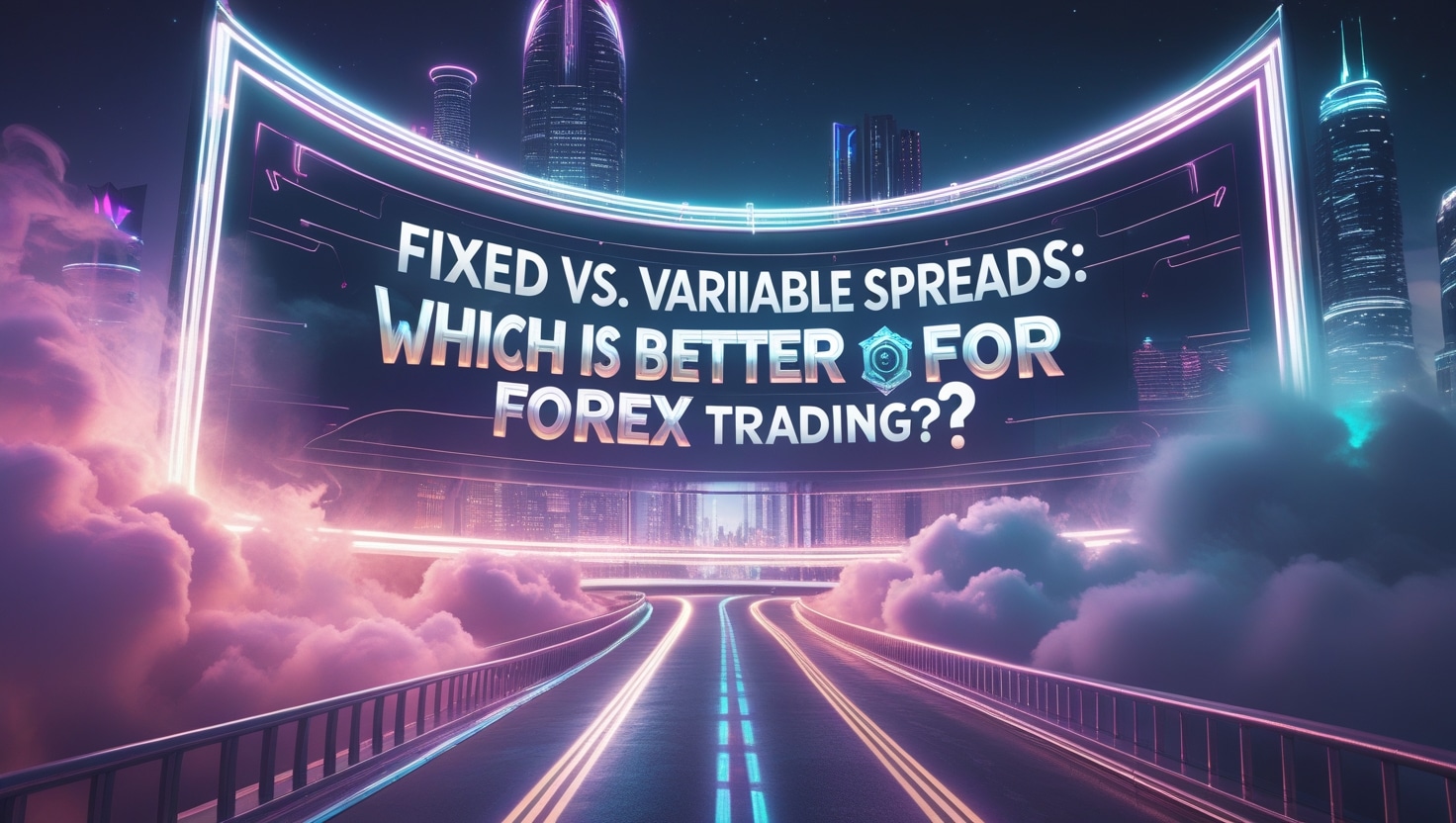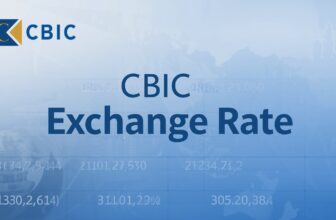
Forex trading involves various cost structures, with spreads playing a crucial role in determining the cost of each trade. One of the primary decisions traders face is choosing between fixed vs. variable spreads. This choice can impact trading costs, profitability, and overall trading strategy. But which is better? Let’s analyze both options and help you determine the best choice based on your trading style.
Understanding Fixed vs. Variable Spreads
What Are Fixed Spreads?
Think of fixed spreads as the "what you see is what you get" option in forex trading. They stay the same regardless of what's happening in the market. Your broker sets a specific spread amount, and that's what you'll pay every time. These spreads are typically offered by market maker brokers who essentially take the opposite side of your trade.
Advantages of Fixed Spreads:
- Predictability: There's comfort in knowing exactly what you're paying for each trade, with no surprises.
- Stability in volatile markets: When markets go crazy, your spread doesn't—it remains steady even during wild price swings.
- Better for beginners: If you're just starting out, the consistency of fixed spreads can help you focus on learning without worrying about fluctuating costs.
Disadvantages of Fixed Spreads:
Possible requotes: During fast-moving markets, your broker might reject your trade and offer you a different price, which can be frustrating.
Higher costs during normal market conditions: You'll likely pay more than necessary when markets are calm and liquid.
What Are Variable Spreads?
Variable spreads are more like the ebb and flow of the market itself—they change based on current conditions, supply, and demand. You'll typically find them with STP (Straight Through Processing) and ECN (Electronic Communication Network) brokers who connect you with multiple liquidity providers.
Advantages of Variable Spreads:
- Lower costs in liquid markets: When trading conditions are ideal, you'll often enjoy tighter spreads than fixed-spread traders.
- No requotes: Since the spread already adjusts to reflect real market conditions, your orders are less likely to be rejected.
- Better for scalping and day trading: If your strategy involves making numerous quick trades to capture small price movements, those tight spreads during liquid periods can add up to significant savings.
Disadvantages of Variable Spreads:
- Spread widening in volatile markets: When big news hits or markets get jittery, variable spreads can expand dramatically, potentially eating into your profits.
- Unpredictability: You might find yourself paying more than expected during certain periods, making it harder to calculate potential returns in advance.
Comparing Fixed vs. Variable Spreads
To determine whether fixed vs. variable spreads are better, traders must evaluate different factors, including trading style, market conditions, and cost structures.
Trading Style Considerations
- Scalpers and day traders: Variable spreads are preferable as they tend to be lower during liquid market conditions.
- News traders: Fixed spreads might be advantageous since variable spreads can widen significantly during news releases.
- Beginner traders: Fixed spreads offer stability and predictability, reducing risk.
- Long-term traders: Trading costs are less critical, making either option viable.
Cost Analysis: Fixed vs. Variable Expenses
Understanding the financial impact of spread choices requires analyzing fixed vs. variable expenses in forex trading.
- Fixed costs vs. variable costs: Fixed spreads create a predictable cost structure, resembling fixed costs vs. variable costs in business finance.
- Variable costs: Variable spreads act similarly to variable vs. fixed costs, where traders may pay lower fees in stable markets but face higher costs during volatility.
- Fixed vs. variable rate: The choice between fixed and variable spreads is comparable to selecting a fixed rate vs. variable rate in loans or investments.
Risk Management
Risk exposure also differs between fixed vs. variable spreads:
- Fixed spreads provide stability but might come with trade execution risks like requotes.
- Variable spreads offer lower costs but introduce uncertainty during volatile periods.
Fixed vs. Variable Spreads in Different Market Conditions

To further understand fixed vs. variable rates, let’s evaluate how spreads perform in varying market conditions:
| Market Condition | Fixed Spreads | Variable Spreads |
| Normal trading hours | Typically wider | Typically lower |
| High volatility | Remain unchanged | Increase significantly |
| Low liquidity | Can be restrictive | Can widen |
| Major news events | More predictable | Highly volatile |
The Role of Liquidity and Execution Speed
Liquidity providers influence the behavior of fixed vs. variable annuity structures in trading:
- Fixed spreads can sometimes lead to order delays or rejections due to broker intervention.
- Variable spreads provide direct market access but may widen during peak volatility.
Execution speed is another factor when considering fixed vs. variable rate options:
- Traders requiring instant execution might prefer fixed spreads to avoid delays.
- Traders looking for cost-efficiency might opt for variable spreads when spreads are low.
Choosing Between Fixed and Variable Spreads
The best choice depends on:
- Trading Strategy: Scalpers and active traders benefit from variable spreads, while swing traders may prefer fixed spreads.
- Market Conditions: If trading during high volatility, fixed spreads may be preferable.
- Risk Tolerance: Those who can tolerate uncertainty might prefer variable spreads for potential cost savings.
- Broker Type: ECN brokers typically offer variable spreads, while market makers provide fixed spreads.
Conclusion: Which Is Better?
There is no one-size-fits-all answer in the fixed vs. variable debate. The best choice depends on trading preferences, market conditions, and risk tolerance. If you prioritize stability and predictability, fixed spreads may be ideal. If you prefer lower costs and better liquidity, variable spreads might be the better option. Carefully analyze your trading habits and market conditions to determine which spread type suits you best.
By understanding fixed vs variable costs, fixed vs variable expenses, and the broader impact of spread structures on trading, traders can make more informed decisions and optimize their profitability in the forex market.
FAQs
1. Which type of spread is better for beginner forex traders?
Fixed spreads are generally better for beginners because they offer stability, predictability, and simpler cost calculations.
2. Do variable spreads always cost less than fixed spreads?
Not necessarily. While variable spreads can be lower during stable market conditions, they can widen significantly during high volatility, making them more expensive.
3. Are fixed spreads completely immune to market volatility?
Fixed spreads remain constant under normal conditions, but some brokers may impose requotes or widen spreads under extreme volatility.
4. How do I choose between fixed and variable spreads?
Consider your trading style, risk tolerance, and market conditions. Scalpers and active traders often prefer variable spreads, while long-term or news traders may opt for fixed spreads for stability.

















